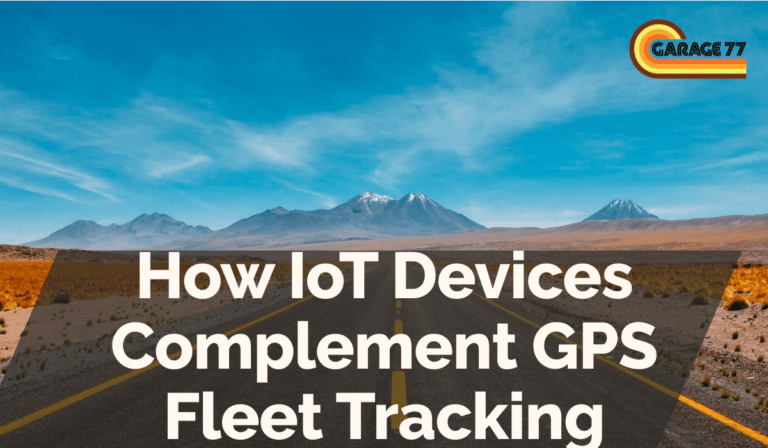The utilities industry is responsible for the management and distribution of critical infrastructure such as power, water, and gas. This industry requires significant resources to maintain critical assets and transport resources for distribution. GPS fleet tracking has become an essential tool for utilities companies to streamline operations, reduce costs, and improve overall efficiency. Here are some of the key benefits and use cases of GPS fleet tracking for the utilities industry.
Improved Fleet Visibility
GPS tracking devices provide companies with real-time location data for their entire fleet of vehicles. This increased visibility allows for better fleet management, route optimization, and improved customer service. Companies can track their vehicles’ locations, speed, and idle time to ensure they are operating within the designated service areas and that drivers are following strict safety protocols.
Increased Fuel Efficiency
With fuel prices on the rise, utilities companies are looking for ways to reduce fuel consumption and cut costs. GPS fleet tracking systems can help by optimizing routes and monitoring driver behavior. Companies can quickly identify drivers who are idling excessively or taking inefficient routes, leading to increased fuel consumption. By addressing these issues, companies can save on fuel costs and reduce their carbon footprint.
Increase Driver Safety
Driver safety is a top priority for all utilities companies. GPS tracking devices provide companies with data on driver behavior, such as speeding or harsh braking. This information can be used to identify high-risk drivers and provide targeted coaching to improve their driving habits. GPS tracking also enables companies to monitor the safety of their drivers in real-time, allowing for quick and effective intervention in the event of an emergency.
Asset Management
Utilities companies have a significant investment in their assets, from vehicles to equipment. GPS tracking devices can help companies manage their assets more efficiently by tracking their location and usage. Companies can quickly identify when assets are not being used efficiently or are in need of maintenance, reducing downtime and increasing asset lifespan.
FAQs
-
What is GPS fleet tracking?
GPS fleet tracking is a technology that uses GPS devices to track the location and movement of a fleet of vehicles in real-time. This data is transmitted to a central server where it can be accessed by company managers and dispatchers.
-
How much does GPS fleet tracking cost?
GPS fleet tracking costs can vary widely depending on the number of devices and the features required. Companies can expect to pay between $20 and $50 per vehicle per month for basic GPS tracking services.
-
What are some of the benefits of GPS fleet tracking for utilities companies?
GPS fleet tracking can help utilities companies improve fleet visibility, increase fuel efficiency, improve driver safety, and manage assets more effectively.
Conclusion
GPS fleet tracking is a critical tool for utilities companies looking to streamline their operations, reduce costs, and improve overall efficiency. By providing increased visibility and real-time data, companies can optimize their fleet management, reduce fuel consumption, and improve driver safety. Asset management is also improved with GPS tracking, allowing companies to quickly identify issues and reduce downtime. With these benefits, it’s no wonder why GPS fleet tracking has become a standard tool for the utilities industry.







